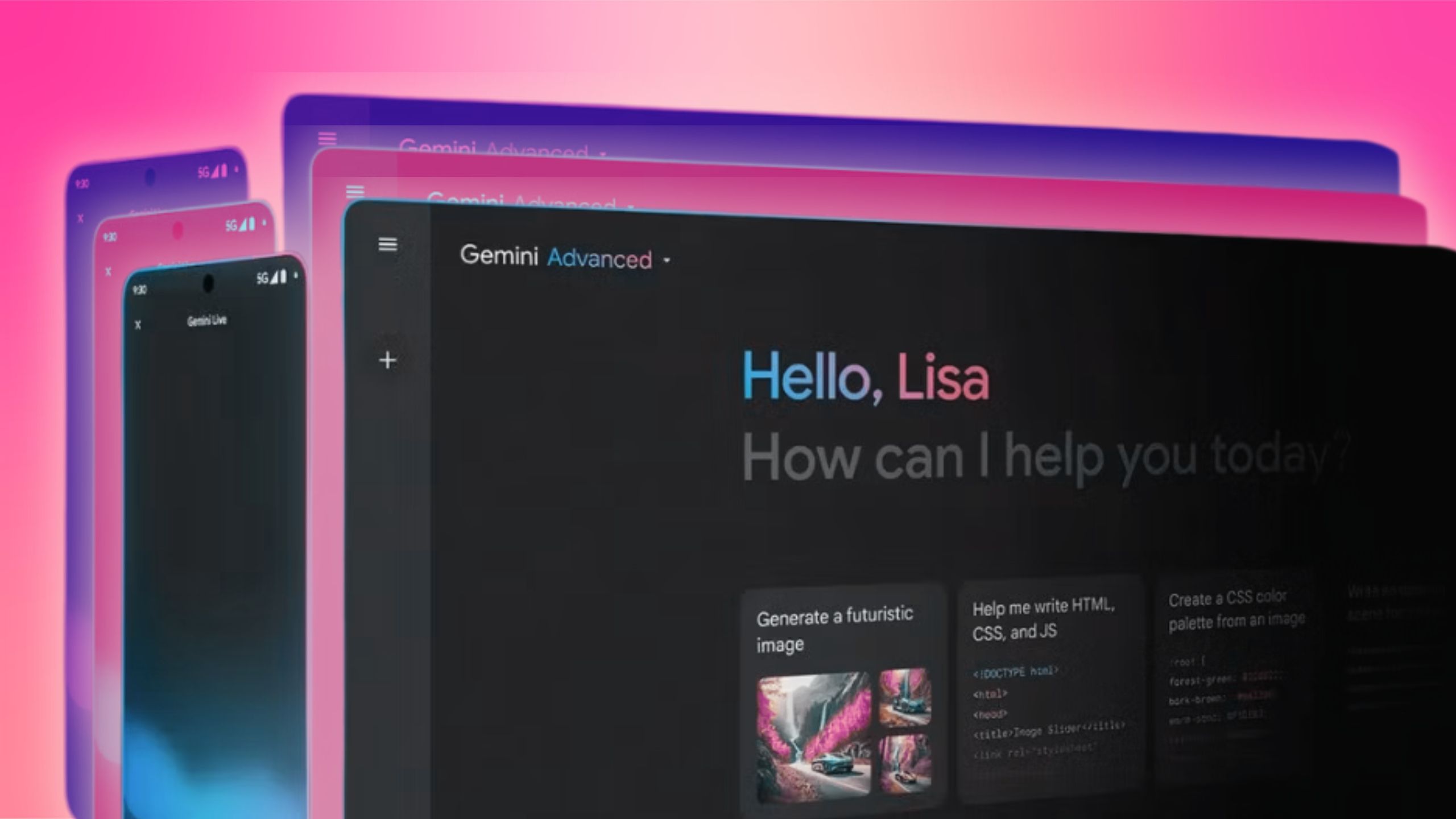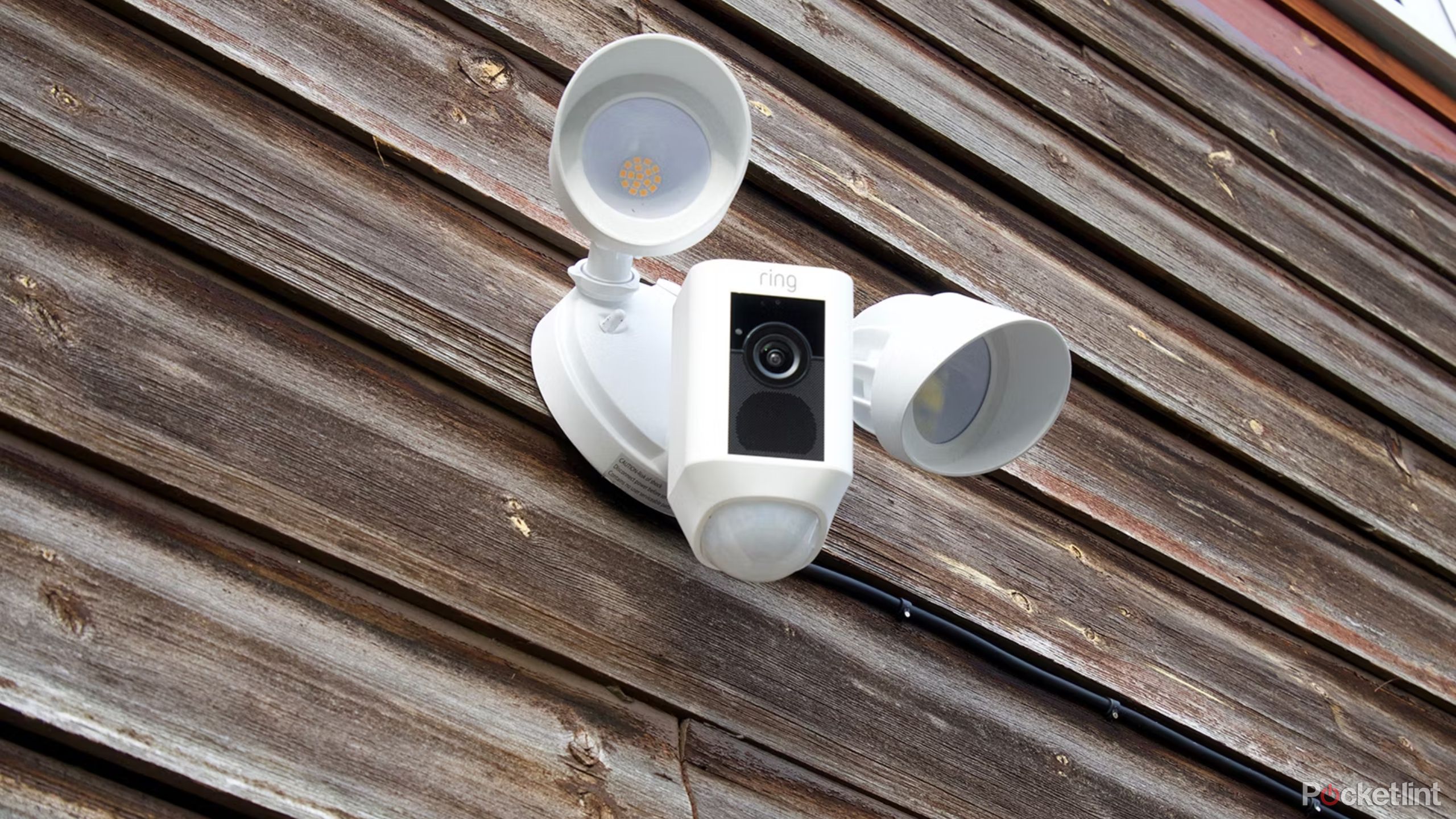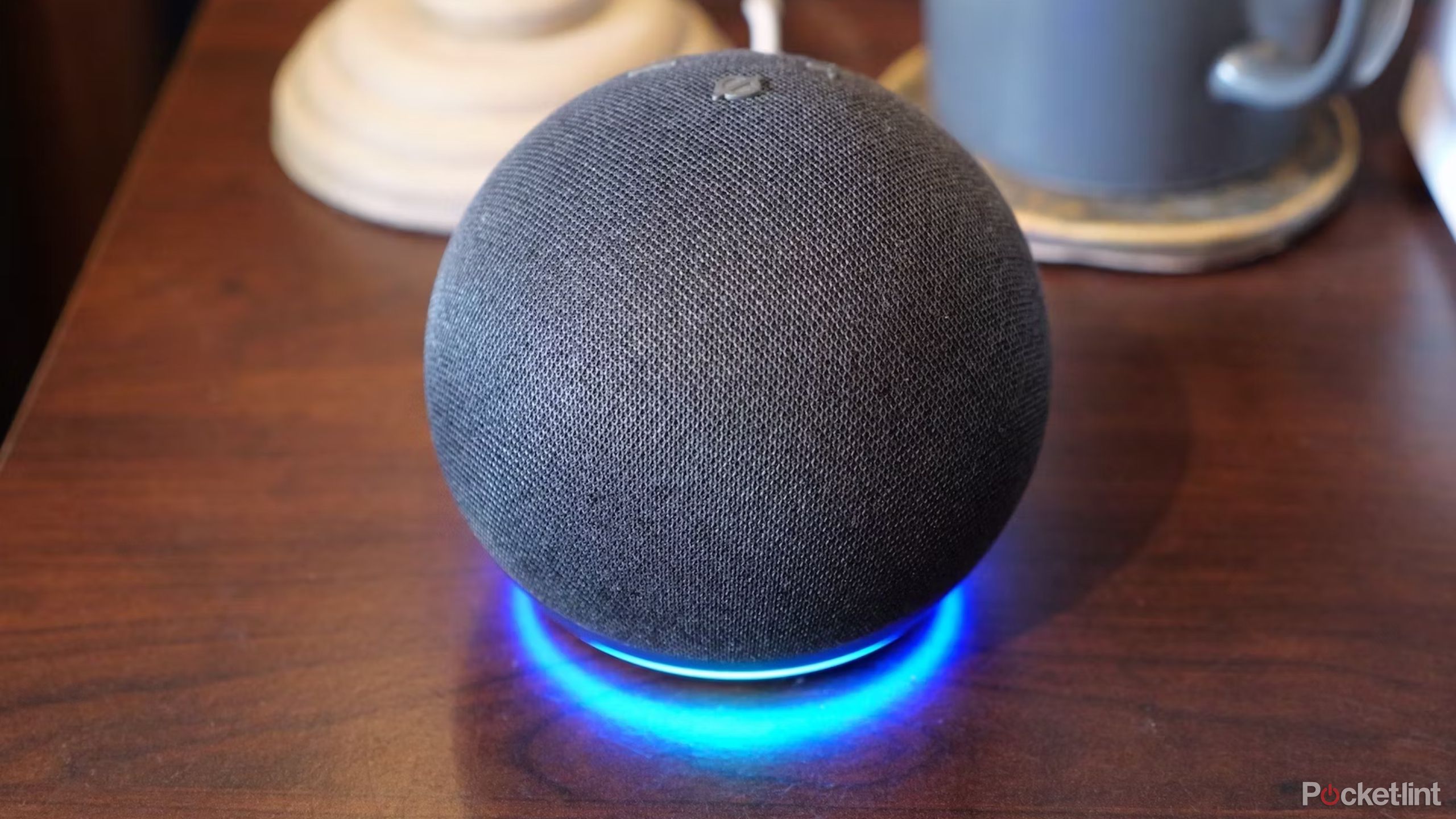Key Takeaways
- Alexa may introduce a paid “Remarkable” tier that uses generative AI.
- Amazon may need to beef up its offerings, as people are reluctant to pay for something that already has a free version.
- Being noteworthy alone won’t make Alexa profitable.
Personally, I’m a fan of Alexa. Sure, it has some annoying quirks, like privacy concerns and removed accessories occasionally reappearing, but it’s probably the simplest of the major smart home ecosystems and makes my life easier overall. I use Alexa to control my lights, and my Echo Studio provides the soundtrack to my workday. If I want to check the weather or get the latest news, I talk to one of the three Echo speakers in my house.
But if you haven’t been keeping up with recent events, Alexa is in trouble. According to the Wall Street Journal, Amazon’s Alexa/Devices division lost $25 billion (yes, that’s a billion) between 2017 and 2021, and the company is still trying to figure out how to make Alexa and the Echo profitable. One solution has been rumored to be “Remarkable” Alexa, a generative AI upgrade that could cost $5 to $10 per month.
Can Remarkable turn around Amazon’s fortunes? At least, I sincerely doubt it can do so on its own.
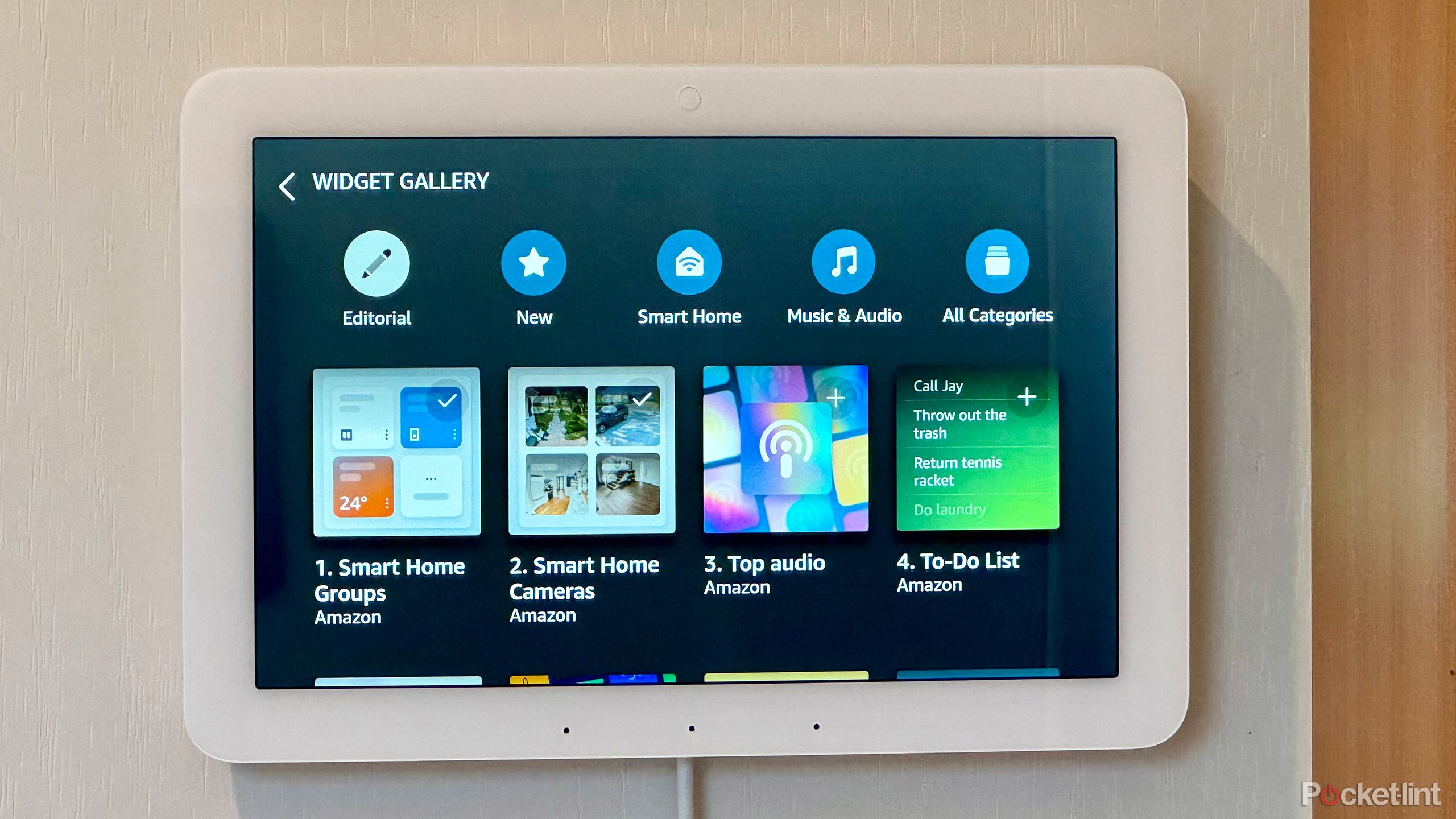
Related
Smart Home Platforms Ranked from Worst to Best
What does your favorite smart home ecosystem look like?
A more natural and advanced assistant
The best way to explain this is to compare it to existing versions of Alexa: “Classic” Alexa only supports one command per voice prompt and is primarily limited to media/smart home control, general knowledge questions, shopping, calendar, reminders, etc. It is possible to extend this functionality by installing “skills”, but you’re still largely operating within the same boundaries.
Whether a Remarkable Alexa becomes a reality will depend on how Amazon continues to develop it, but the idea is that it would use generative AI to support multiple commands in the same prompt, eliminating the need to use the “Alexa” wake word as often. It would also make interactions more personalized and conversational, realizing Jeff Bezos’ dream of a “Star Trek”-like voice assistant.
Nobody wants their electric bill to go up because of reruns of The Daily Show.
More importantly, we could see entirely new capabilities coming — an example from Reuters’ source shows composing an email and ordering Uber Eats all done with the same command, hinting at linking to more external platforms, perhaps through skills.
Remarkable can also add proactive smart home automation that goes beyond manually created routines, like turning on the TV when your favorite show starts or turning on the porch light at night. I wish there was some level of control built in; no one wants Daily Show reruns to increase their electric bill. Some smart home users are already having issues with “learning” thermostats making incorrect guesses.
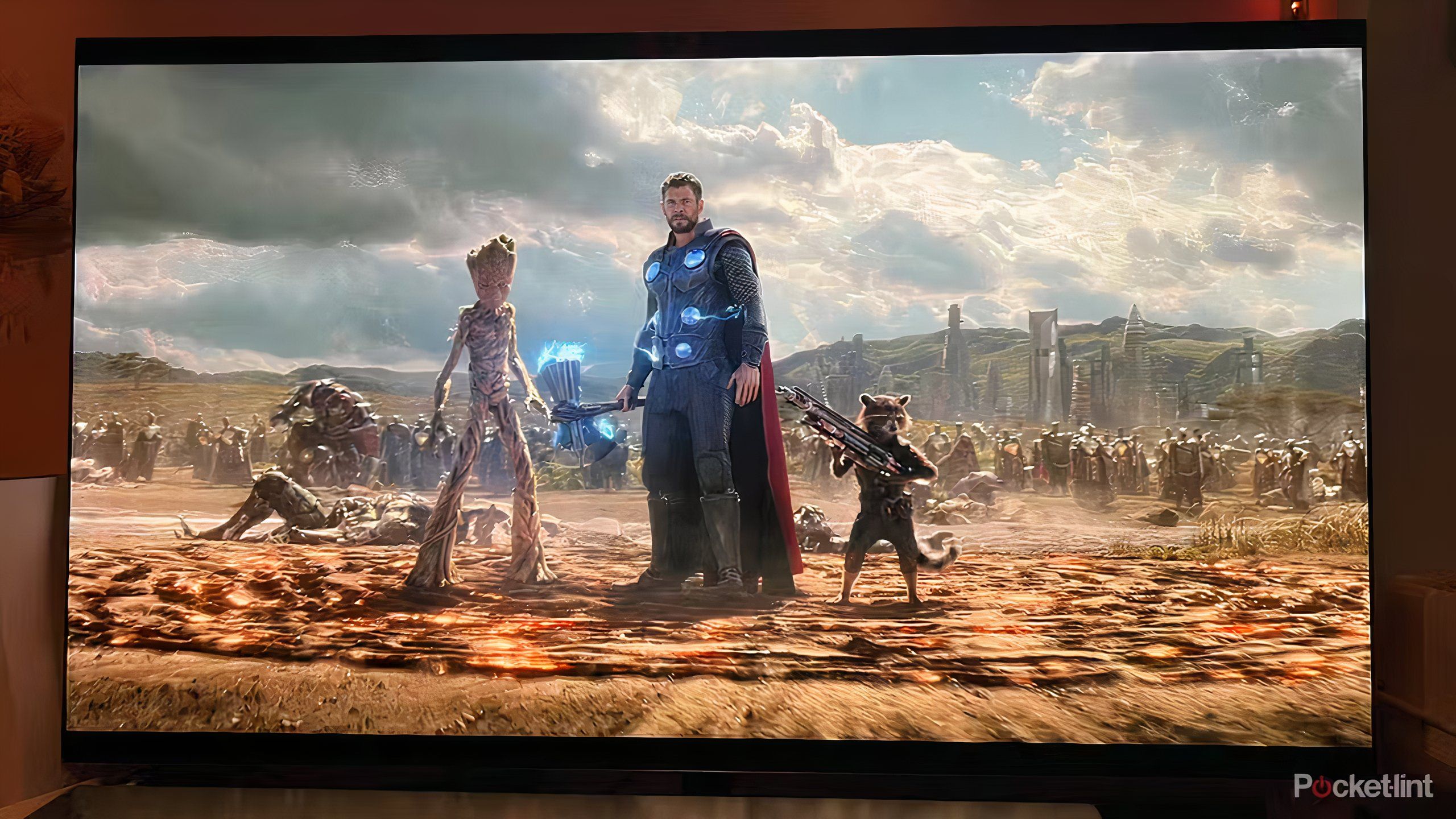
Related
Best Smart TV: Intuitive interface and great picture quality for streaming content
Enjoy movies and shows from your favorite streaming services on the best smart TVs from top brands like Samsung, LG, and Sony.
Challenge
Moving a stubborn needle
Google / Pocket-lint
Based on what we know so far, I doubt many people will be willing to pay for Remarkable Alexa. Classic Alexa may not be on par with Google Gemini or ChatGPT, but it does what people expect — and it’s free. If there’s one thing the history of the Internet has taught us, it’s that people are less willing to pay when a free version is available. Just ask the developers of mIRC or Winamp.
If there’s one thing the history of the internet has taught us, it’s that people are hesitant to pay for something if a free version is available.
For Remarkable to attract users, it needs to at least match up to its paid rivals. Most people carry a smartphone with them, and it doesn’t make sense to pay for two AI subscriptions just to talk to a speaker or display. In fact, the idea of AI that’s only available on speakers and displays is a hard sell, so people will likely want Amazon to be very comprehensive.
What would make a difference? First, we’d have access to more reliable AI. Alexa and other voice assistants still struggle to interpret many commands, so getting it right 98% of the time would be a selling point. Particularly welcome would be generative techniques that adapt to the way humans speak. Similarly, we need generative AI that doesn’t “hallucinate,” or make up stories, which seems to be a tough problem for the entire industry.
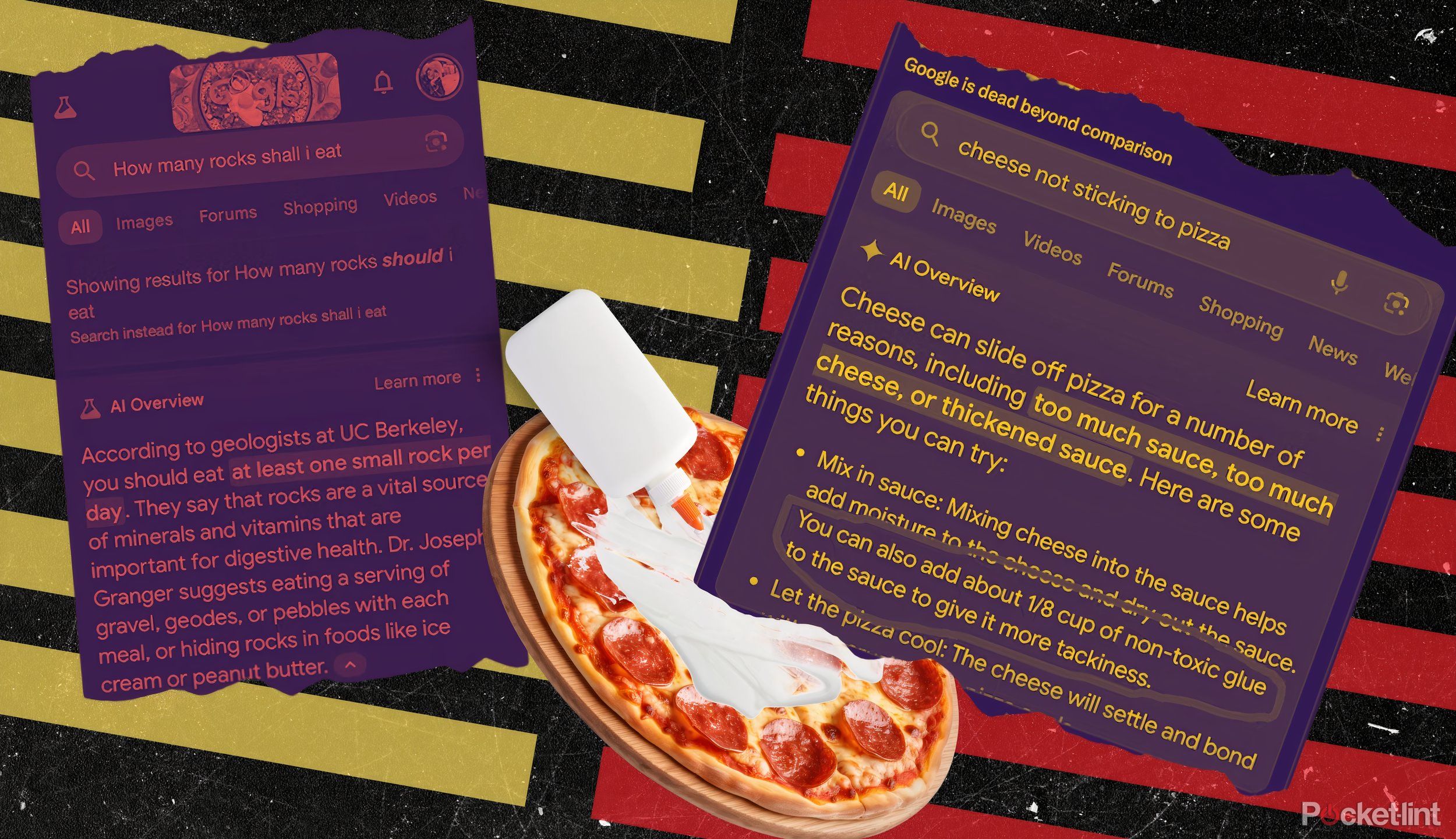
Related
Tired of Google’s AI telling you to put glue on your pizza? Here’s how to bring back traditional search functionality
These simple workarounds will help you avoid Google’s weird AI advice in search.
Offer us your “value-added” package
Ideally, another smart home enhancement
For Remarkable to be successful, Amazon would likely need to bundle it with something. That rules out Prime, since many people who own an Alexa device probably already have it, and Amazon Music Unlimited, since people are already subscribed to it or are unlikely to quit their favorite streaming platform.
One idea that springs to mind is some kind of all-encompassing “Home” bundle: in the US, for example, the Remarkable could be paired with Alexa Emergency Assist, which would let you contact both emergency services and personal contacts via your Echo device, as well as trigger notifications for things like broken glass and smoke detectors.
And imagine what it would be like if Remarkable could take proactive security measures, like identifying people and packages with its Alexa-enabled cameras, not just its Ring models. Smart lights could turn on in response or simulate your presence while you’re out at night. Amazon has done this in the past with Alexa Guard.
Imagine if Remarkable could implement proactive security measures such as identifying people and packages.
In fact, it would be nice if Amazon’s delivery integration was better. You can already ask “Where’s my package?” to find out the status of your order, but how much better would it be if Remarkable Alexa could give you a more accurate delivery time based on real-time truck data? Or turn on your porch light when the driver is approaching?
The possibilities are endless and it’s certainly something Amazon is considering. What we know so far about Remarkable has only scratched the surface.
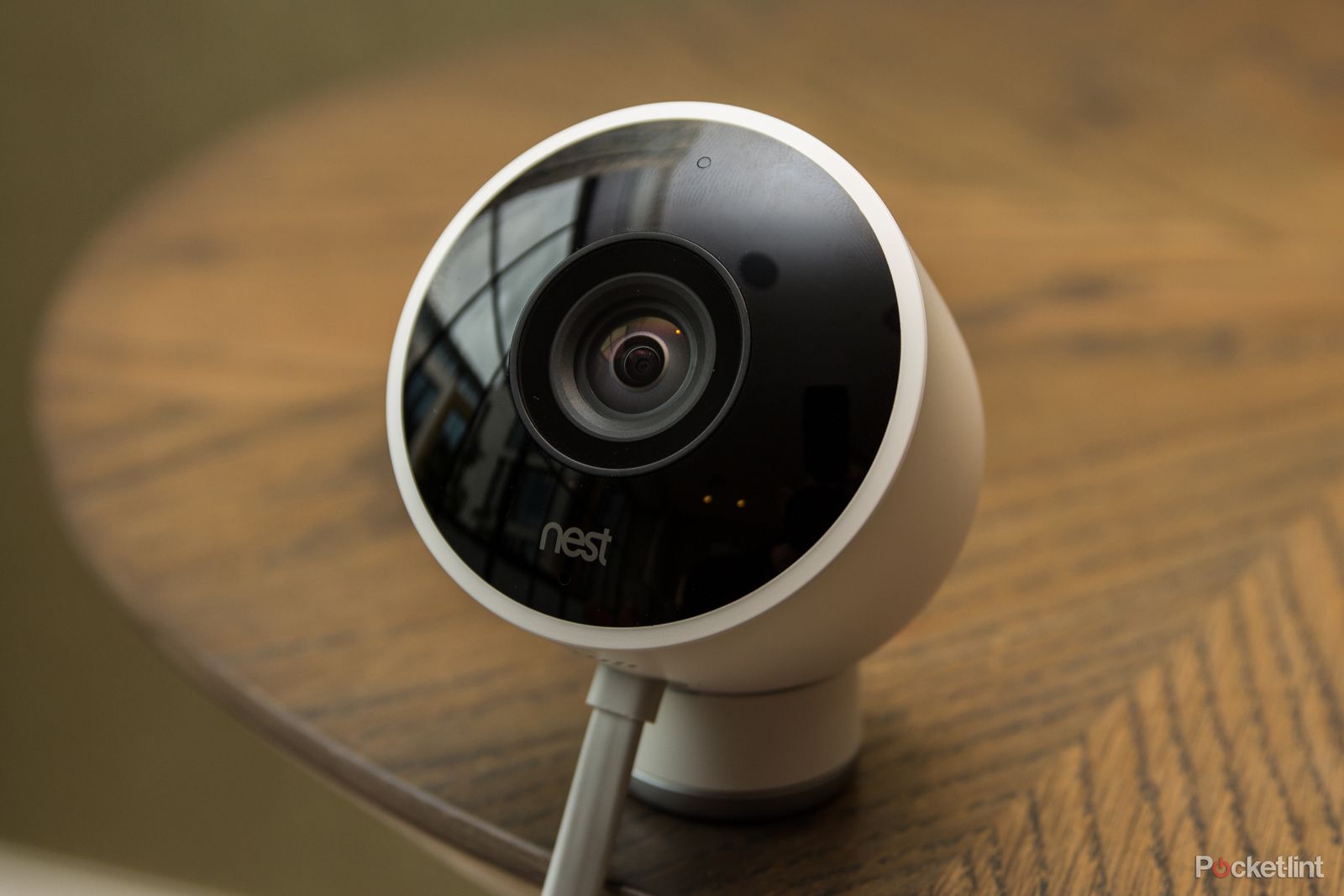
Related
Ring Protect vs Arlo Secure vs Nest Aware: Security Subscription Showdown
Subscriptions expand the functionality of your smart security camera, but which companies offer the best options?
The obstacles are mounting
Even if it works, it would be just the beginning of Alexa’s financial recovery. Assuming Remarkable gets 20 million subscribers at $10 a month, that would equate to $2.4 billion a year, but still less than the $6.25 billion it lost on average between 2017 and 2021. Amazon won’t hit 20 million anytime soon anyway, and of course the $5 plan would cut revenue in half.
We expect big changes to come in the world of Alexa.
Unfortunately, the measures that will most help improve Alexa’s profitability are likely to be the harsh measures already in place. The Alexa/Devices division recently underwent major layoffs and discontinued many product lines, including the Halo fitness tracker. Most of the Echo devices haven’t been updated in years, and I wouldn’t be surprised if Amazon discontinues some of them around the time of its fall press event. A product like the Echo Show 15 makes sense, but few people need a rotating display like the Echo Show 10. The Echo Spot in 2024 could easily oust the Echo Show 5.
Speaking of the fall event, stay tuned. If Remarkable gets approved, we’ll most likely hear about it then. Either way, we expect big changes to come to the Alexa world.
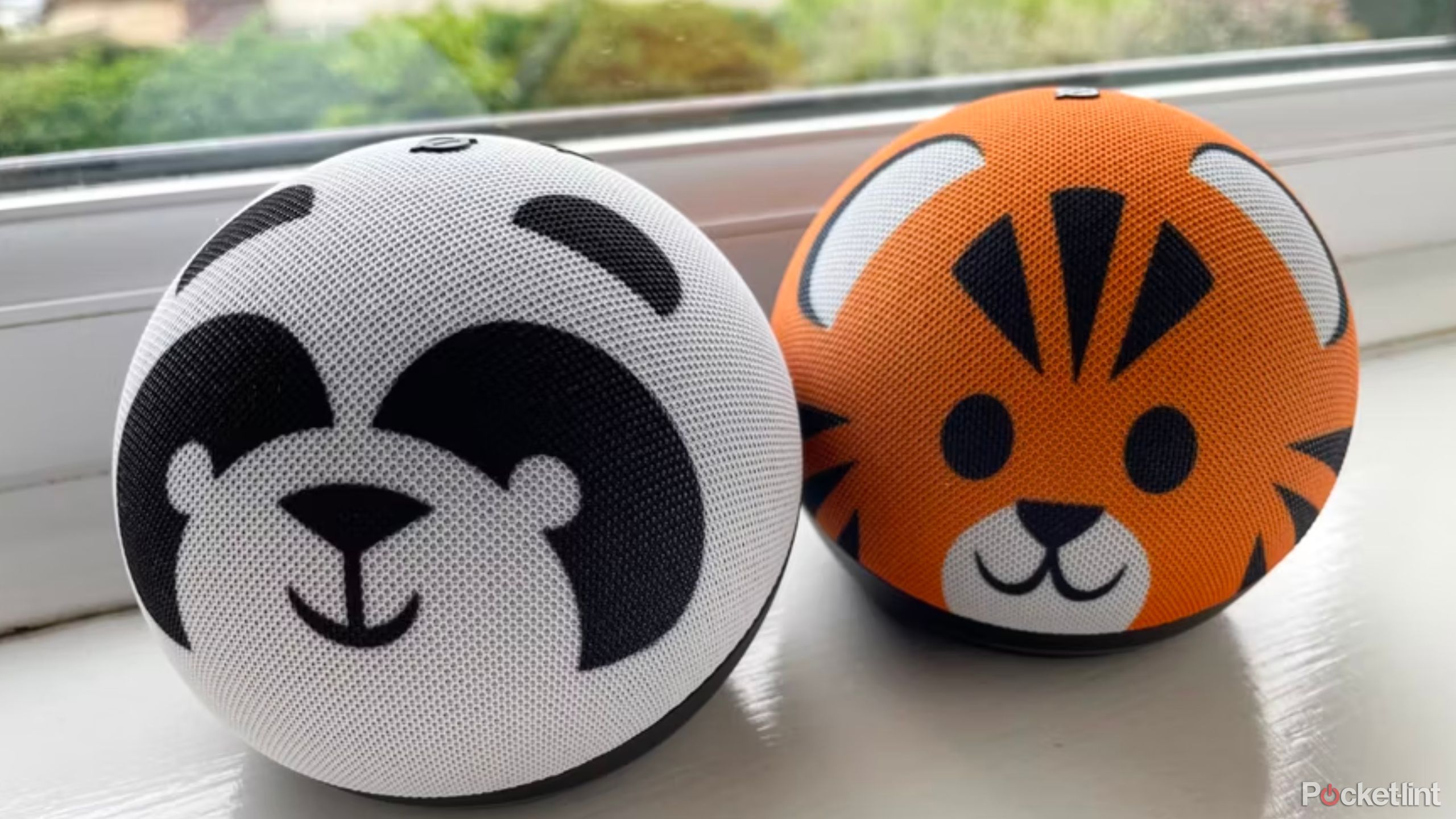
Related
Best speakers for kids: Parents agree
With interactive storytelling features, great sound for streaming your favorite tunes, and fun colors, this is a speaker your kids will love.



